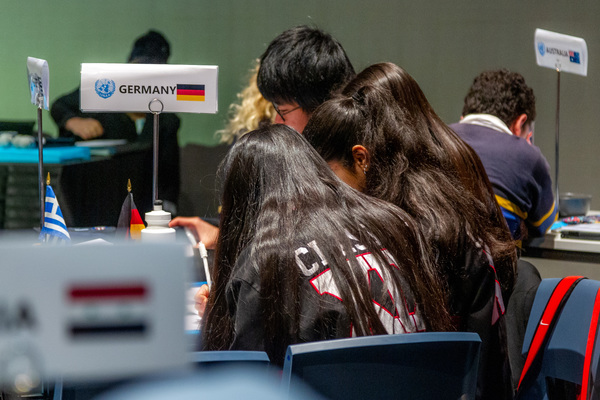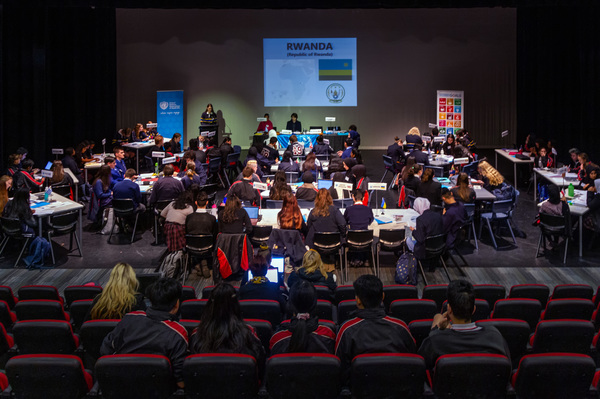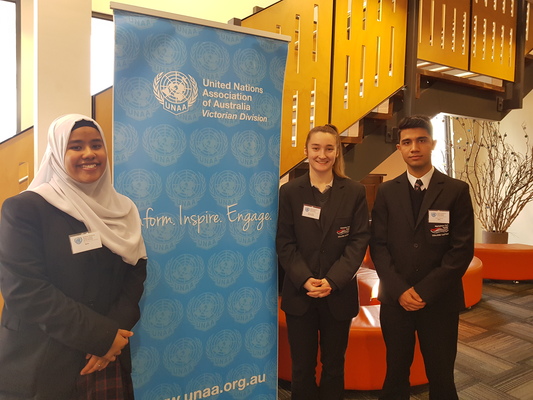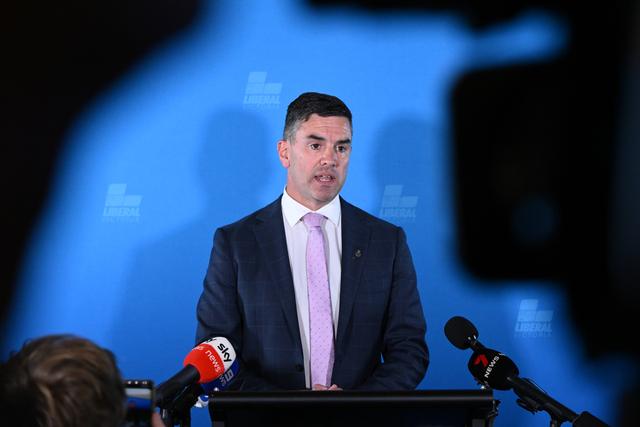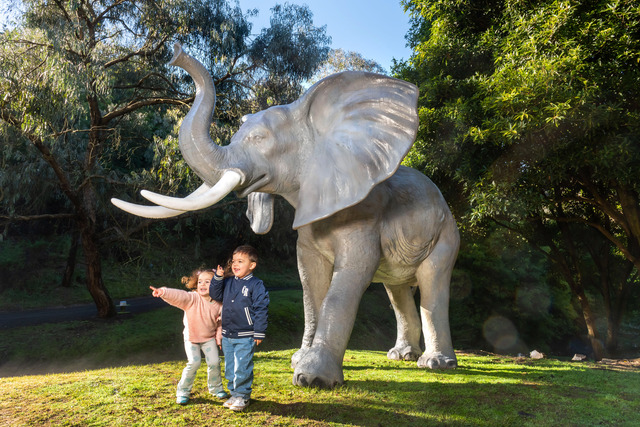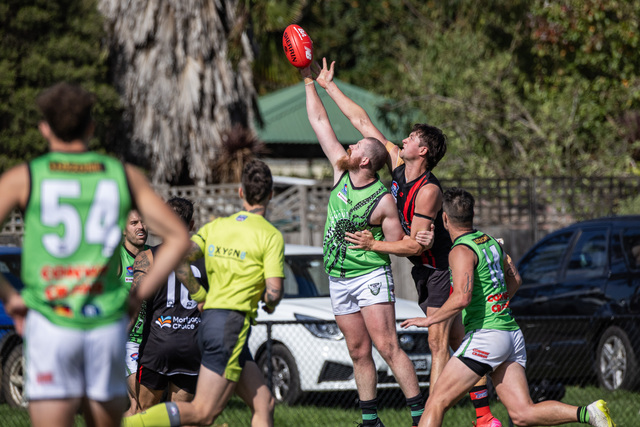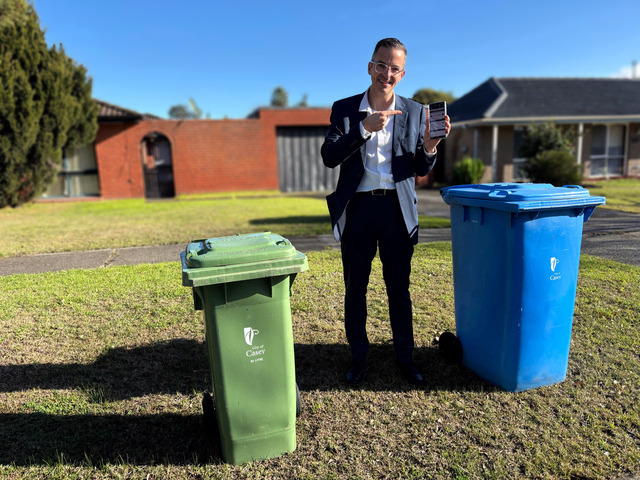Across the darkened aisles, fierce debates raged. Syria was ready to take down the United States, United Kingdom and Saudi Arabia over gender inequality identified in their countries. Meanwhile, delegates from New Zealand hoped to lift their fellow global community members to new heights, achieving the loftiest of aspirations.
But when the lights went up it was nearly 100 school students, rather than professional bureaucrats, who clamoured for lunch.
Welcome to the Model UN.
Hampton Park Secondary College hosted six other schools from as far away as Lilydale and Dromana for the event on Wednesday 31 July, which focused on alleviating global gender inequality.
Teacher Emily Hensman said students chose the topic themselves from a pool of about 10.
She said it provided students with opportunities to develop skills in public speaking, negotiating and debating, as well as introducing them to global concepts.
“It’s really awesome to see that our teams have a mix of both females and males so it’s really getting them to think what is going on in the world. Hopefully we have some future leaders in here as well.
“We’re building up those skills in being able to talk about real world issues now and hopefully that’s something that will carry on into adulthood,” she said.
This year, the host school had about 40 students of their own from years seven to 12 participating.
Some students were able to represent countries that aligned with their own heritage; for example, the students representing Pakistan were from Pakistan, allowing their passion for their history, culture and country to shine through.
Over the course of the day, students move from presenting their country’s current position statement to formal and informal caucuses where they can call out other countries and make allies. Finally, students negotiate clauses and guidelines to come up with a draft resolution to achieve gender equality in their Model UN world.
Felicity Junaidy, who represented Syria, said the event allowed students to explore how the UN really works.
“I feel like a lot of people think the UN is just discussions in really fancy rooms, but we find out what it is they actually do, how they process stuff and how it works,” she said.
Her fellow delegate for the day, Salman Yousufi, said they had chosen Syria because it was one of the most disadvantage countries for gender equality and discrimination against women. He and his teammates hoped to focus on child marriages.
“We are raising a voice against it and hopefully we will get other countries’ help to face this issue and resolve this,” he said.
Other students, like Jessica Hogan who represented New Zealand, hoped to use their experience on the day beyond the amphitheatre’s walls – taking the lessons learned back to the classroom after the event to perhaps improve gender equality in the real world too.

